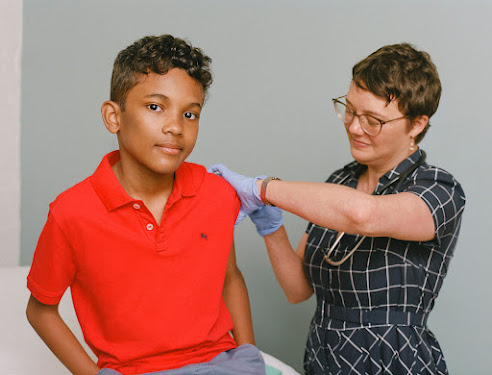 |
| While a great deal of research has gone into training computer models to infer someone’s emotional state based on their facial expression, that is not the most important aspect of human emotional intelligence, says MIT Professor Rebecca Saxe. Much more important is the ability to predict someone’s emotional response to events before they occur. Image Credit: Christine Daniloff, MIT (CC BY-NC-ND 3.0) |
When interacting with another person, you likely spend part of your time trying to anticipate how they will feel about what you’re saying or doing. This task requires a cognitive skill called theory of mind, which helps us to infer other people’s beliefs, desires, intentions, and emotions.
MIT neuroscientists have now designed a computational model that can predict other people’s emotions — including joy, gratitude, confusion, regret, and embarrassment — approximating human observers’ social intelligence. The model was designed to predict the emotions of people involved in a situation based on the prisoner’s dilemma, a classic game theory scenario in which two people must decide whether to cooperate with their partner or betray them.
To build the model, the researchers incorporated several factors that have been hypothesized to influence people’s emotional reactions, including that person’s desires, their expectations in a particular situation, and whether anyone was watching their actions.
“These are very common, basic intuitions, and what we said is, we can take that very basic grammar and make a model that will learn to predict emotions from those features,” says Rebecca Saxe, the John W. Jarve Professor of Brain and Cognitive Sciences, a member of MIT’s McGovern Institute for Brain Research, and the senior author of the study.














.jpg)




.jpg)




.jpg)

